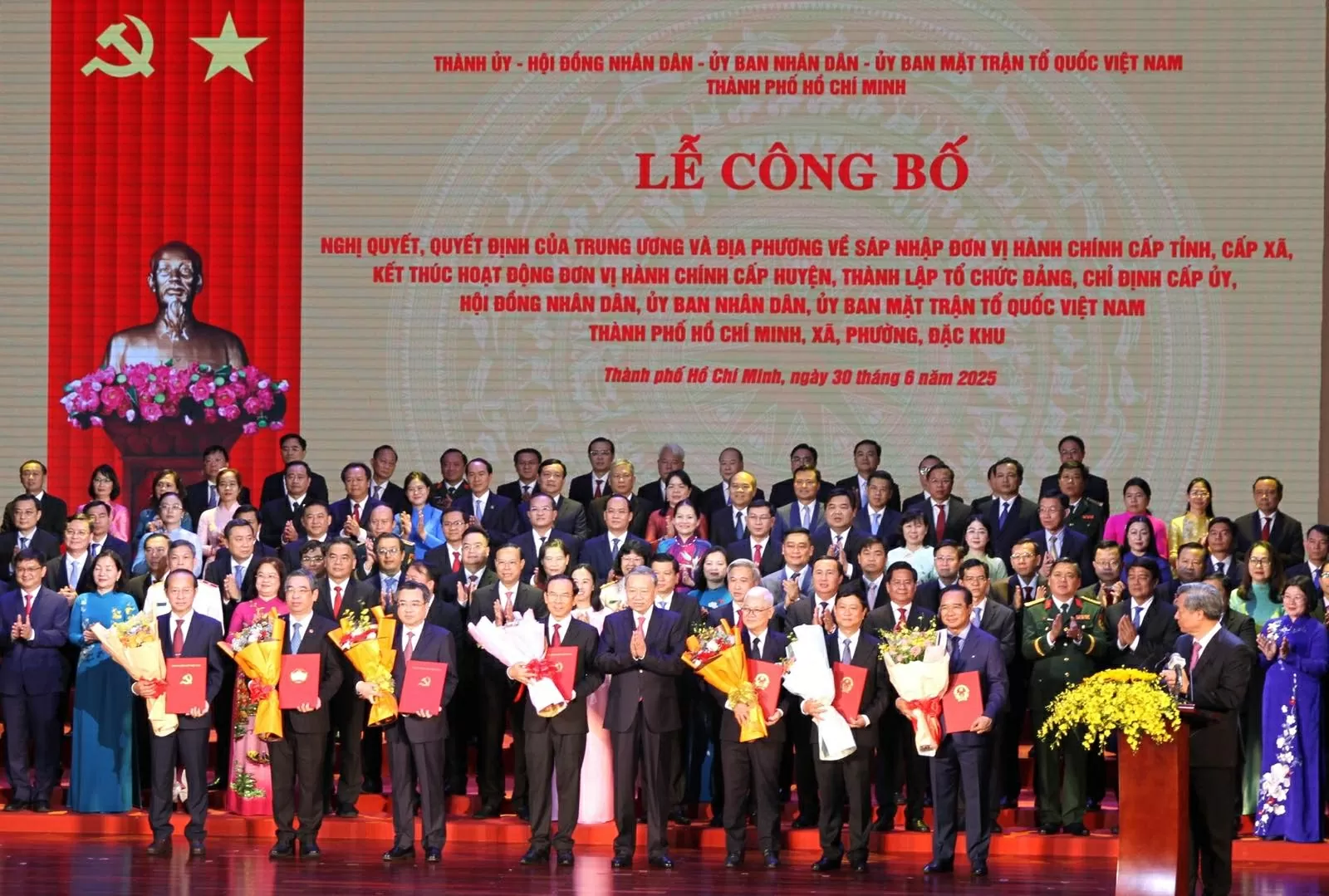 |
| General Secretary To Lam presents flowers to congratulate leaders of Ho Chi Minh City at the ceremony to announce resolutions and decisions of the Central Committee on merging administrative units and appointing personnel in Ho Chi Minh City, July 1. (Source: VGP) |
This is not only a practical requirement to improve the effectiveness and efficiency of state management, but also a necessary step to promote socio -economic development, improve people's quality of life and build a modern, streamlined administration.
Optimizing resources, creating new development momentum
Reality in recent years shows that many provinces and cities are small in size, have low population, and scattered development resources, causing difficulties in attracting investment, social management, and inter-regional infrastructure development. The merger will create new dynamic economic zones, large enough in size, competitive enough, and capable of deep integration with the region and the world .
The merger of provinces and cities is an inheritance and development in line with the integration and development trend of the times. Reality shows that many administrative units are small in scale, have small populations, and scattered resources, causing difficulties in attracting investment, developing the economy, and managing society. The merger will create new development spaces, new dynamic economic zones, with large enough scale, competitiveness, and the ability to connect inter-regionally and internationally.
This is a correct policy, with careful and careful preparation, will bring long-term benefits. More importantly, it is a step that demonstrates innovation in management thinking, the spirit of daring to think, daring to do for the common benefit of the country and the people.
Attention of the Vietnamese community and the Japanese side
Notably, this policy has not only received domestic consensus but also received the attention and support of overseas Vietnamese. In the Kyushu, Okinawa and Central-South Japan regions, many businesses and Vietnamese communities believe that merging provinces and cities will help simplify administrative procedures, create a more open investment environment, and facilitate cooperation and trade connections between Japanese and Vietnamese businesses.
Mr. Yamakawa Hoang - Chairman of the Vietnam Trade and Investment Promotion Association in Kyushu, an overseas Vietnamese and a businessman in Fukuoka, shared: "We hope that with the provinces and cities after the merger becoming stronger, with a more centralized and flexible management system, small and medium-sized enterprises like us will have more opportunities for cooperation and investment in the long term."
Professor Tran Dang Xuan, an expert in agriculture who teaches at Hiroshima University, said: “Vietnam is entering the renovation process for the second time after the economic reform in 1986. We believe that Vietnam will welcome a new and strong wave of investment, when Vietnam has a streamlined and effective government and management system.”
Many Japanese people interested in Vietnam also share a positive view. Mr. Saito Hiroshi, director of a logistics company in Kyushu, commented: “The rationalization of Vietnam’s localities will help the supply chain and the transportation of goods between regions become more convenient and efficient. That is not only good for Vietnam but also for international partners like Japan.”
In addition to its economic significance, the reorganization of administrative units also contributes to strengthening solidarity and cohesion between regions and communities, creating social consensus and a spirit of national solidarity. It is the convergence and connection between historical traditions and new development requirements, the integration between localities to work towards the common goal of “A strong and prosperous Vietnam”.
Japanese media unanimously assessed this merger as a strategic reform, aiming to build a more modern, streamlined administrative apparatus, better meeting the needs of development and international cooperation from July 1, 2025. Viet-Jo newspaper (Japanese) reported on July 1 that Vietnam officially implemented the new administrative structure: "Reducing from 63 provinces/cities to 34 is a strategic decision... to create a modern, creative, streamlined and effective governance model to serve the people".
JETRO, the Japan External Trade Organization, commented on the same day: "Vietnam will implement a system of 34 provinces/cities (6 centrally-run cities and 28 provinces) from July 1, 2025, aiming to enhance political and administrative efficiency and promote economic development." B&Company/BizNews (Japanese version) emphasized: "This is a major turning point in building a two-tier provincial governance system, marking a major change in the past decades in Vietnam."
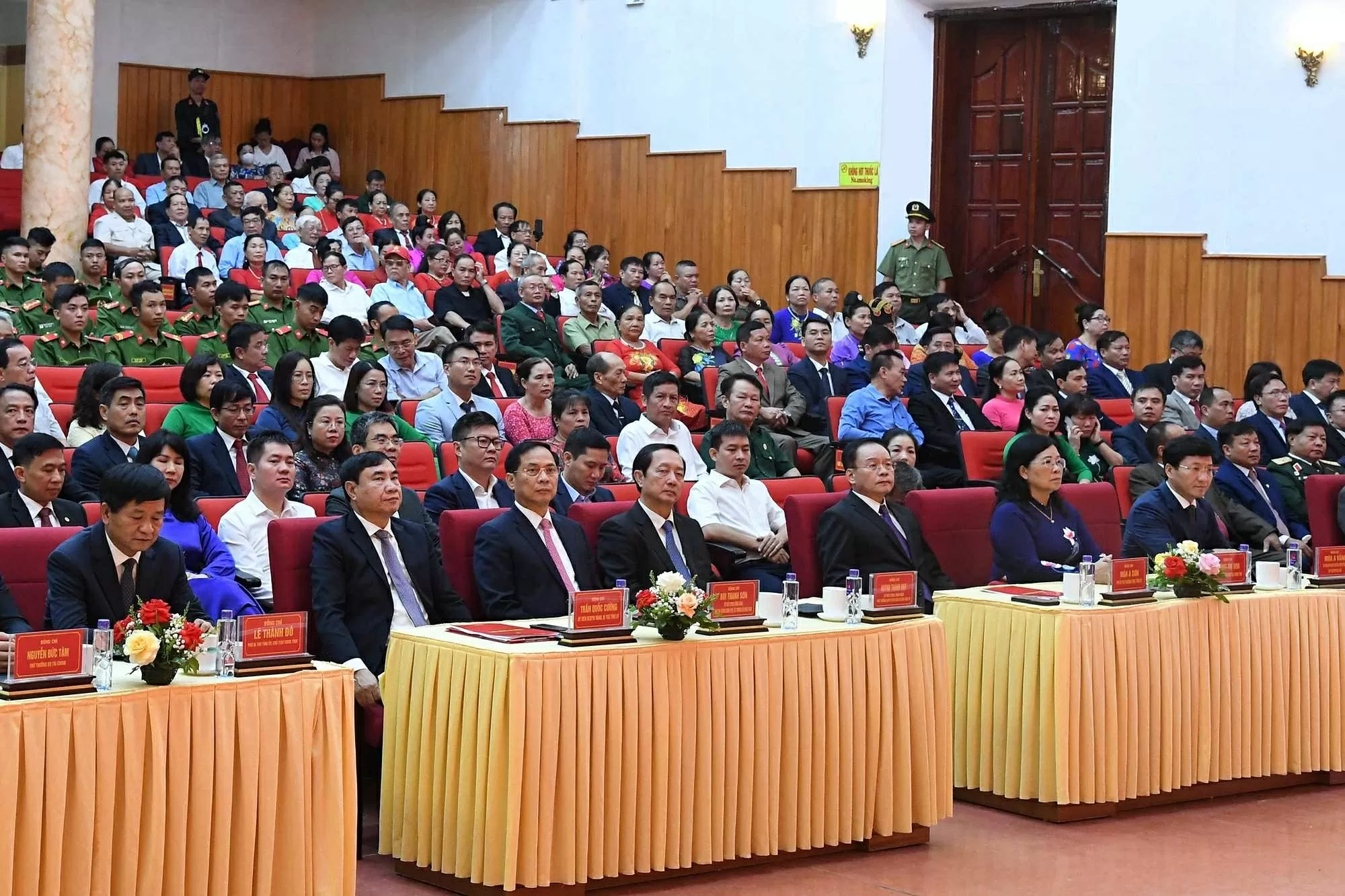 |
| Deputy Prime Minister and Minister of Foreign Affairs Bui Thanh Son, Deputy Head of the Central Propaganda and Education Commission Huynh Thanh Dat, Secretary of Dien Bien Provincial Party Committee Tran Quoc Cuong, and representatives of leaders of several central departments, ministries and branches attended the ceremony to announce the Central resolutions and decisions on merging administrative units and appointing personnel in Dien Bien province on July 1. (Source: VGP) |
Significance and influence on Japan
This is expected to accelerate cooperation with Japanese partners, as the investment environment becomes more transparent, procedures are simpler, and large-scale, inter-regional development zones are created, convenient for trade and logistics.
Professor Tran Van Tho of Waseda University, an economist of Vietnamese-Japanese origin and former economic advisor to the Japanese government, emphasized: “This is a turning point in eliminating cumbersome administrative procedures, recruiting civil servants based on capacity, and establishing a fair playing field between domestic and international enterprises.”
Mr. Seiki Soramoto, Nuclear Energy and Atomic Energy Expert, Japanese House of Representatives, Executive Committee Member of the Vietnam - Japan Experts Association: “We should look at what Vietnam is doing and learn from it in terms of administrative reform. Merging provinces will create a more streamlined and efficient administrative system, reduce management costs, and help localities maximize their land and regional advantages. Merging provinces and cities contributes to restructuring the apparatus, helping to implement a transparent capacity assessment mechanism and promote effective investment.”
Professor Yoshihisa Fujita (Masahisa Fujita) - economic geography expert (RIETI, Kyoto University) his theory of "New Economic Geography" emphasizes: Larger administrative scale helps increase the efficiency of infrastructure concentration and regional development, reduce costs due to duplication, and maintain the momentum of cluster development - completely compatible with the goal of merger. Vietnam has proven my Theory is completely correct.
Shinichi Kitaoka - political expert, former President of JICA, Mr. Shinichi Kitaoka, former President of JICA, said: "Optimizing the structure of local governments is a key factor to improve the effectiveness of international investment coordination, including Japan. The merger will also help Japan's ODA operate more effectively".
Meanwhile, Mr. Kenichi Itō - international strategist, former Chairman of JFIR commented, "This is a reasonable step, creating a foundation for higher administrative unity, helping Vietnam enhance its role in bilateral and regional cooperation".
The policy of merging provinces and cities is a step that demonstrates innovation in state management thinking, the spirit of daring to think and dare to do for the common benefit of the country. Although receiving high consensus, for this policy to be effective in the long term and sustainably, Vietnam should: Have a synchronous regional development strategy, taking advantage of the advantages of the merged localities; Improve connectivity of transport infrastructure, logistics, and energy between regions; Implement strong reforms in administrative procedures and public services, improve the management capacity of authorities at all levels; Strengthen dialogue with people to create consensus, reduce concerns about local identity or regional interests.
As a Vietnamese citizen, I believe that with the consensus of all levels of government, the support of the people at home and abroad, and the positive evaluation from the international community, the process of merging provinces and cities will open a new era of strong and sustainable development for Vietnam.
Source: https://baoquocte.vn/tam-nhin-ve-mot-viet-nam-hung-cuong-319900.html




![[Photo] National Assembly Chairman Tran Thanh Man holds talks with New Zealand Parliament Chairman](https://vphoto.vietnam.vn/thumb/1200x675/vietnam/resource/IMAGE/2025/8/28/c90fcbe09a1d4a028b7623ae366b741d)


![[Photo] General Secretary To Lam attends the opening ceremony of the National Achievements Exhibition](https://vphoto.vietnam.vn/thumb/1200x675/vietnam/resource/IMAGE/2025/8/28/d371751d37634474bb3d91c6f701be7f)
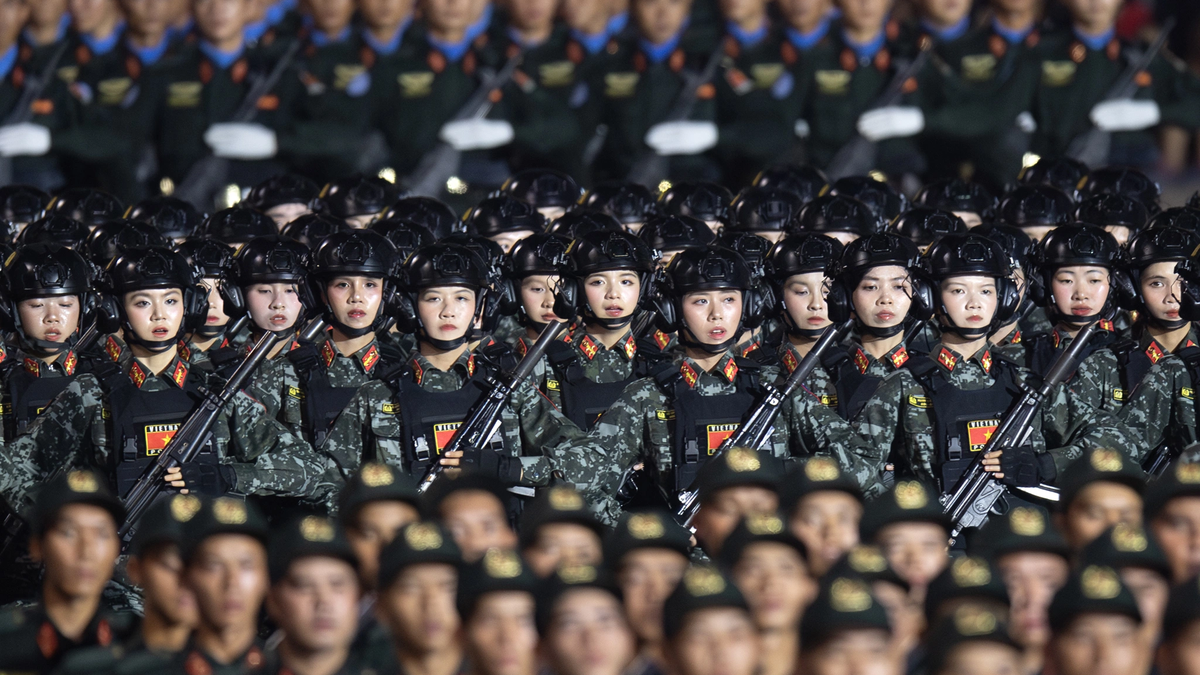


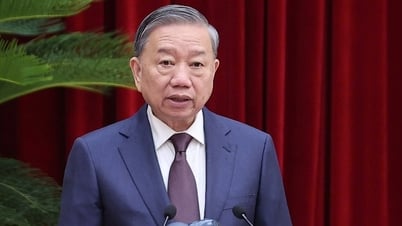

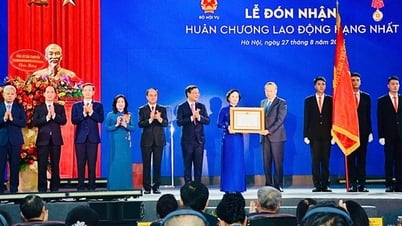



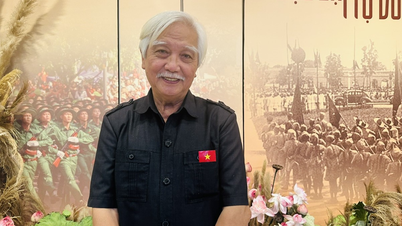

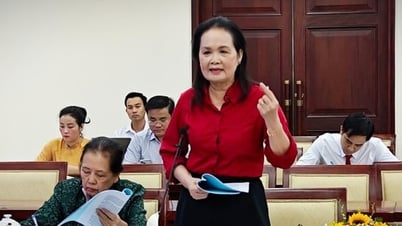

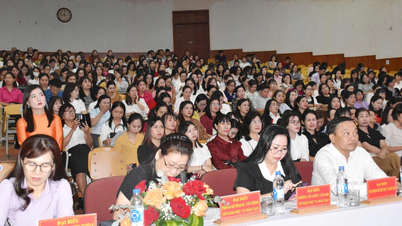







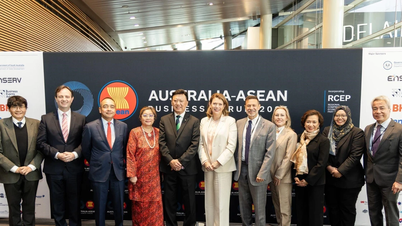








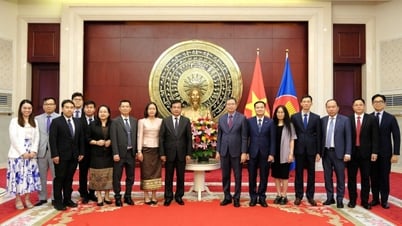























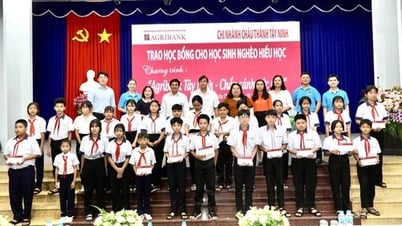













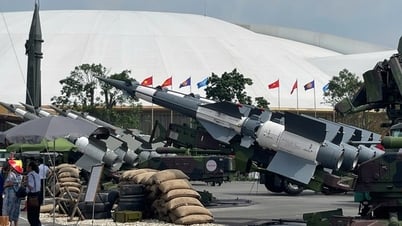






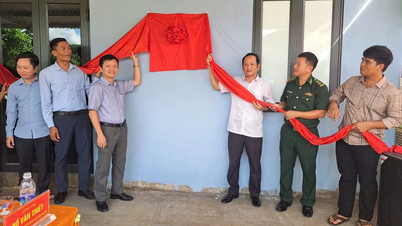

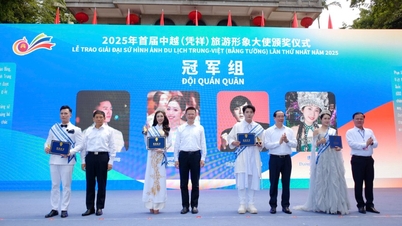




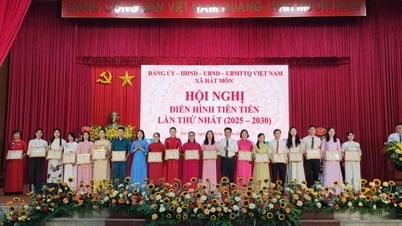
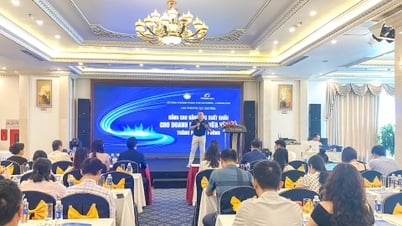













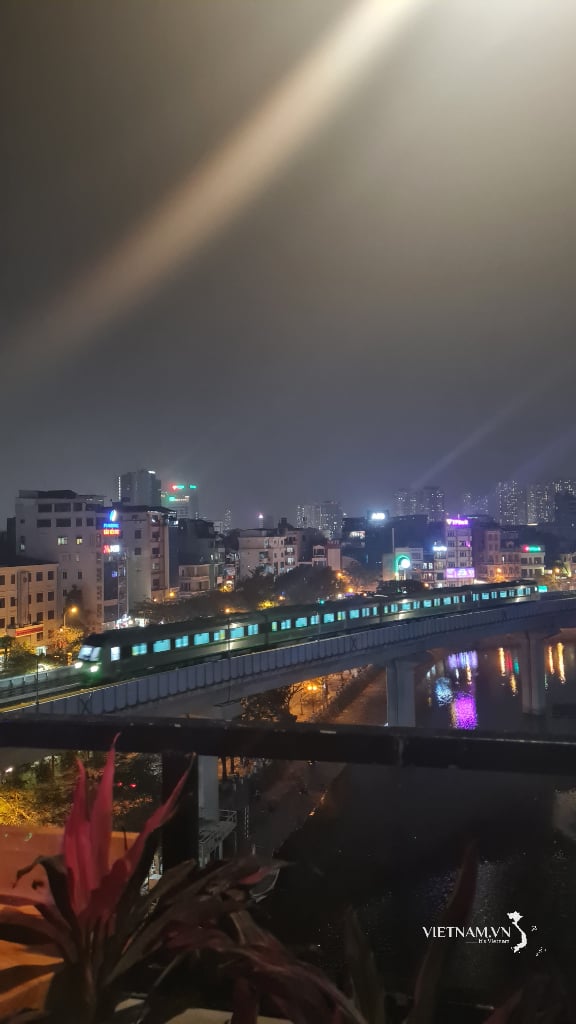

Comment (0)